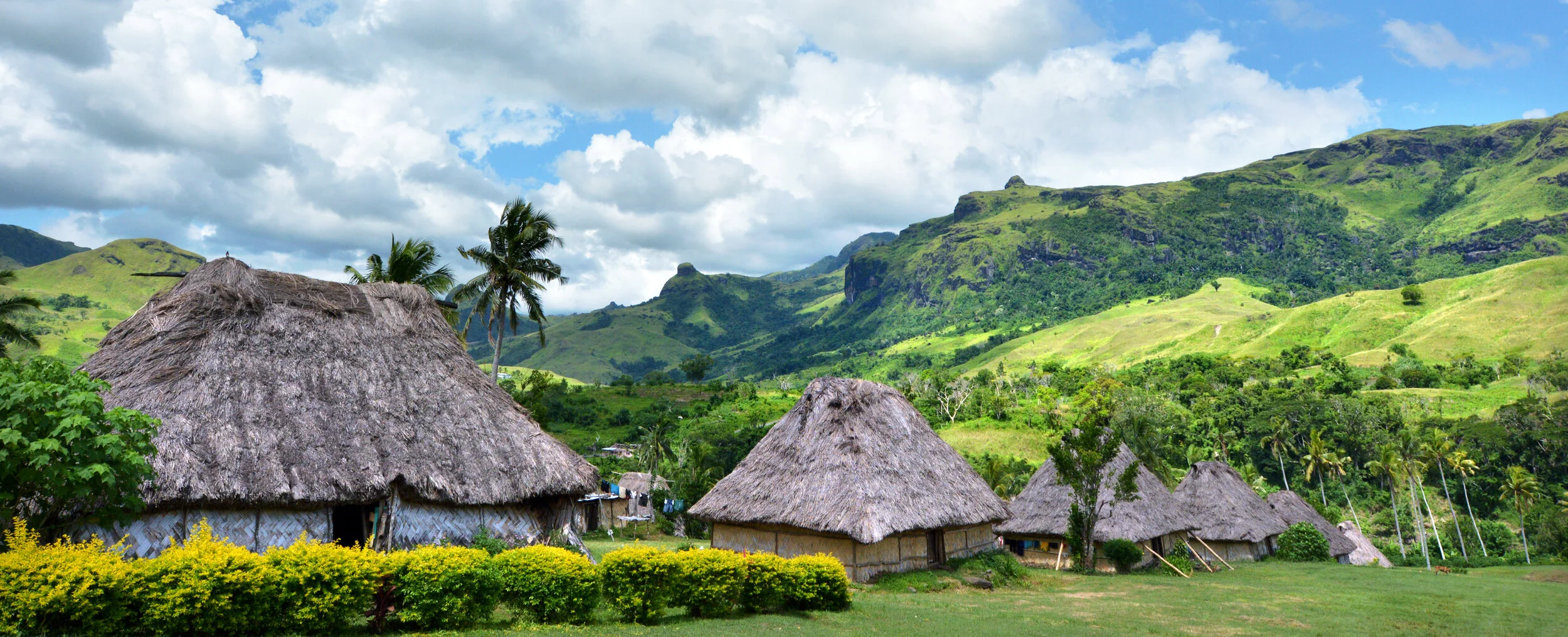Protecting scarce resources is only part of the equation. Engaging local communities in the preservation of their own natural wealth starts with education
Land Governance
Land governance systems should be effective, accessible, and responsive - allowing for sustained economic growth, prosperity for all, and a harmonious relationship with the environment. Integrating safeguards; promoting free, prior, and informed consent; and inclusive planning practices will improve rather than hinder development.
Forest Coverage
Forests are an important sources of products and environmental services, yet they are disappearing or threatened in most tropical and many temperate regions. Local communities must have leverage to adapt as they are the most interested parties in the sustainable management of their forests, given that it is their source of life.
Water Security
Water resources in many vulnerable communities around the world are scarce. Empowering users and managers of local communities is necessary to balance the various needs and demands on available resources.
Conservation
Biodiversity is the life support system of our planet. We depend on it for the air we breathe, the food we eat, and the water we drink. Protecting these resources ensures our survival.
Team Leader, Corey Nelson, provides an overview of how Marstel-Day is tackling resource-based conflict and gender-based violence for Fiji REDD+ under the USAID RISE Challenge.
Partnerships
Emphasizing community mobilization and engagement is the key to sustainability in any natural resource management activity. A participatory methods approach includes monitoring and evaluation for community development where multiple stakeholders are involved in the process of planning, collecting, interpreting, communicating, and using information. I take a community-based approach to natural resource management, ensuring investment by local people that are directly involved and are impacted the most by changes in the landscape. I work with local communities to map assets and areas of loss and degradation helps inform policy and develop strategies that protect the environment without destroying livelihoods. Linking the public sector to the private sector at concept ensures co-creation of innovative solutions that are truly sustainable, fit for purpose, and generate self reliance.
Recent Role(s)
Team Leader, Climate and Environmental Conflict Expert, USAID, Resilient, Inclusive, and Sustainable Environments (RISE) (2019-2021)
Designed and pitched an innovative approach to combining a proven gender integration methodology (iDARE) with my previously designed FGRM to promote gender transformation and tackle gender-based violence against women in Fiji. Responsible for designing a GBV-enhanced FGRM. 3 months of fieldwork.
Team Leader, World Bank, Fiji REDD+ Feedback and Grievance Redress Mechanism (FGRM) (2017-2018)
Responsible for designing a FGRM for the Fiji National REDD+Program that will provide the REDD+ Focal Point, agencies and ministries and the World Bank a consistent, legitimate process to receive feedback and address conflicts that arise from the REDD+readiness process and subsequent implementation of REDD+ activities. Significant focus on land tenure, land use, and land management policies and practices.Led community consultations and training on social inclusion (vulnerable populations to include women, youth, elderly, and disabled) and conservation. Identified gaps in current benefit-sharing mechanisms and proposed solutions for their resolution. 16 weeks of fieldwork.
Articles
“Determining The Value of Sharks: Economic, Environmental, & Socio-Cultural Values and Impacts of Shark Finning in Asia and Pacific Island Countries”, 2012
Global Politics of Conservation, Relocation, and Social Consequence, 2012
“Indigenous knowledge”, University of Colorado, 2012. Re-Conceptualizing Cultural Sites: Indigenous Knowledge and Landscape. Explored ways in which natural landscapes shape cultural knowledge and the transmission of history. Argued that current methodologies and policy in the field of relocation studies must start considering these relationships in order to have more successful relocation efforts
The repercussions of aid: Natural Resource Management in Complex Humanitarian Emergencies, 2011
Assessments
Peatland Portfolio Evaluation, Green Prosperity Project, MCC, 2018-2019
Strategic Environmental and Social Assessment (SESA), World Bank / Fiji REDD+, Contributor, 2017 - 2019
Feedback Grievance and Redress Mechanism (FGRM), World Bank / Fiji REDD+, 2017-2018
EIA: Vindicator Valley Mining Town, 2012
Sacred Groves Conservation Program: International Planning Paper, 2012





